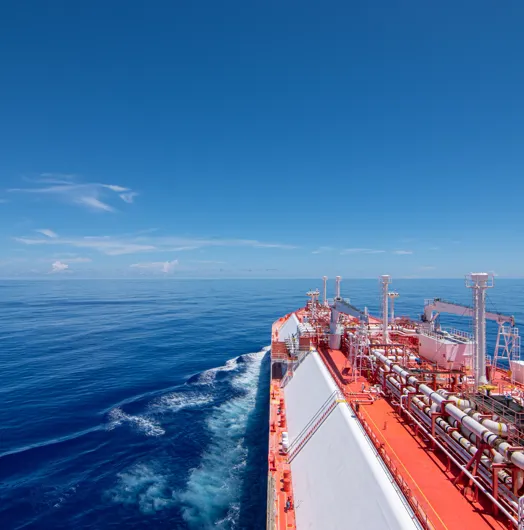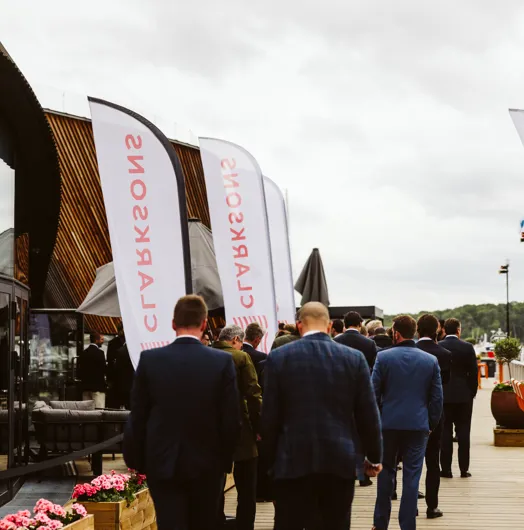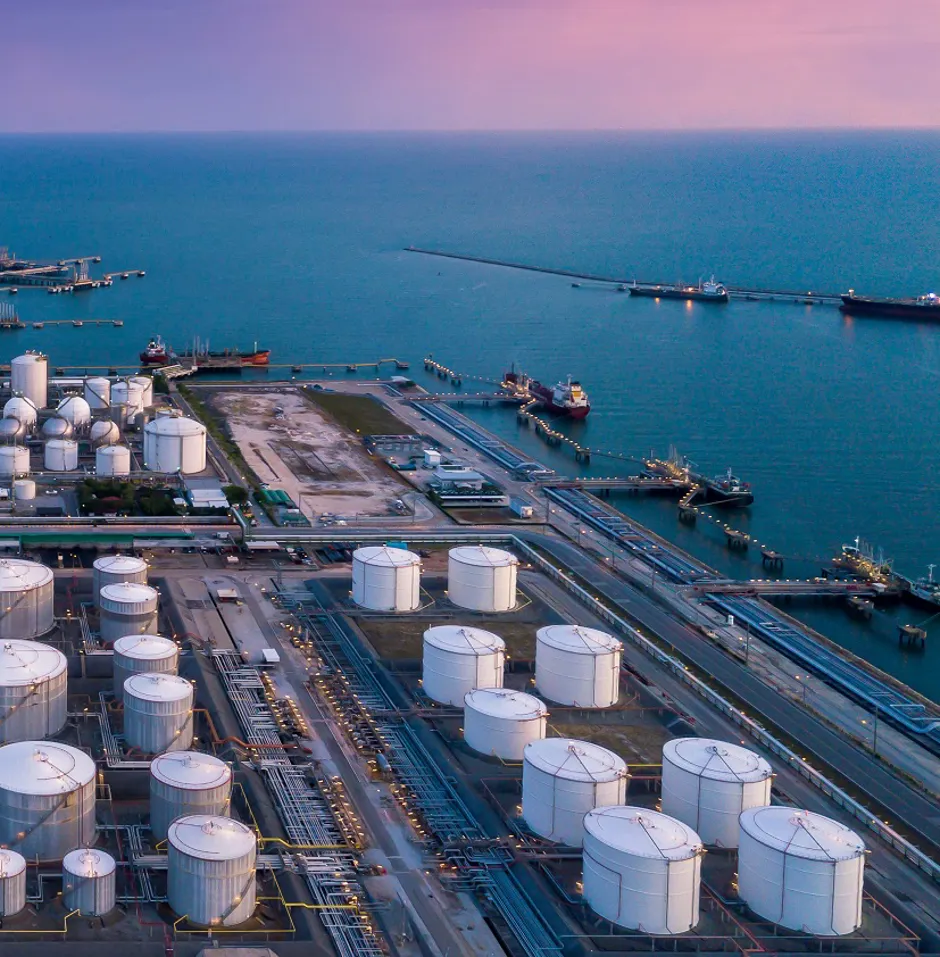Context
Over the past 20 years, the capacity of the world’s shipping fleet has grown by more than 150% to over 1.6 billion GT as the shipping industry has expanded to meet its crucial role in servicing global trade. Although fleet growth has started to moderate in recent years and some supply constraints have developed helping markets recalibrate, the world fleet is significantly larger (+90% by tonnage) and broader by type than at the start of the global financial crisis, providing greater potential volumes for our asset broking teams. The dynamics across the shipping fleet are also becoming increasingly complex, with trends towards slower speeds, increasing length of haul, storage plays, ‘tiering’ of charter markets, shipyard consolidation and congestion. The finance landscape for the shipping industry has also changed significantly since the financial crisis, impacting the number and geography of institutions participating and the scale of finance available. This has led to many shipowners and cargo interests diversifying their funding sources and investigating new and more complex financing solutions and structures. Green issues specifically, and ESG more broadly, are increasingly impacting the policies of ship finance institutions and access to finance for cargo and vessel owners. Despite these trends and complexities, financing the world shipping fleet and its renewal to meet decarbonisation targets remains hugely capital intensive, with today’s shipping and offshore fleet valued at US$1.7tn and the world orderbook limited by historical standards.
What this means for Clarksons
Our strategy, to develop Broking teams that are market leaders through the full lifecycle of the asset and across every ship type operating in the world fleet, benefits from the increased fleet capacity, the broader nature of the shipping fleet and greater volumes of vessels bought and sold in recent years. The guidance and execution that our market-leading Financial teams can provide across the more complex ship finance landscape, at a time of increasing investment needs around the green transition, is unique in the market. Our deep expertise, combined with an innovative approach, allows us to support our clients to raise finance across capital markets, project finance, debt markets and through leasing structures. Our understanding of the world’s shipping fleet and shipbuilding industry, both at an aggregate trend level and on an individual asset basis, is unrivalled. This understanding builds on the synergies between our Broking, Financial and Research teams and supports our clients in their decision-making across our complex and multi-cyclical markets. Our Research coverage has been built out to cover all markets and offer unique understanding of the expanded global fleet and shipbuilding capacity position. Our valuations, leveraging our understanding of the more complex dynamics driving the world fleet, continue to be trusted as the market-leading source across the finance sector.









